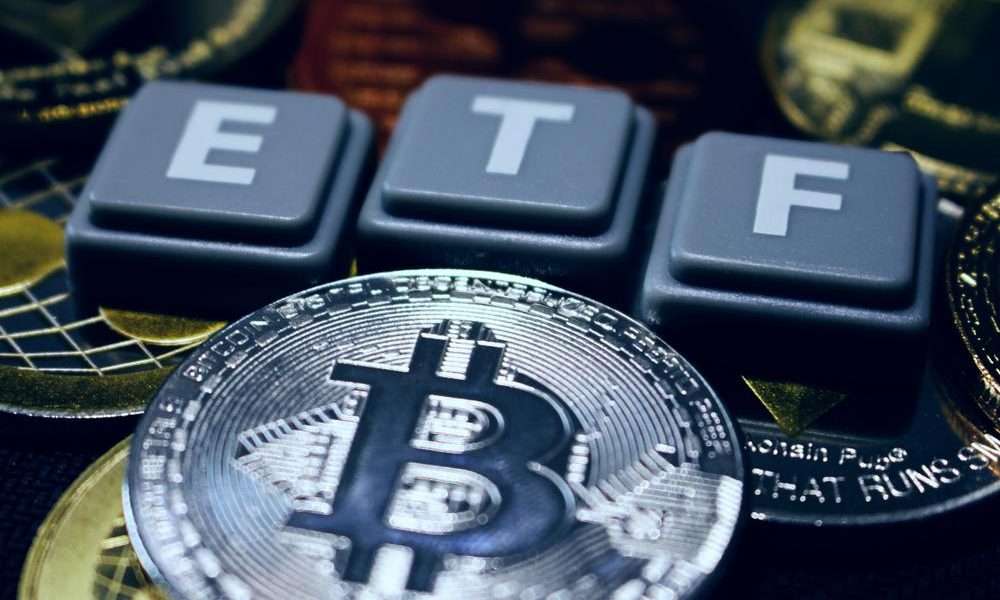
The U.S. Securities and Exchange Commission (SEC) is facing criticism from influential figures in the finance and crypto sectors over its approach to crypto exchange-traded funds (ETFs). Even though the market has been growing more optimistic, the demand from investors for a Bitcoin tracking ETF amid its rally this year has yet to result in the regulatory green light on any spot Bitcoin ETFs, which would follow the underlying asset’s price.
According to U.S. financial lawyer Scott Johnsson of Hardwick Simmons, this lowers investor protection and introduces new risks as the underlying assets do not fully back up the ETFs. He added that this position is contrary to the mandate of the SEC on investor protection and fair markets.
Grayscale's amended S-3 gives a nice little background on the key sticking point for in-kind creation/redemption. The SEC promulgated rulemaking for digital asset safekeeping. Despite the fact that BDs and exchanges apparently believe they could comply with the rule and offer… pic.twitter.com/SdudYdsgoR
— Scott Johnsson (@SGJohnsson) December 27, 2023
Venture capitalist and leading crypto personality Nic Carter was also concerned with the SEC’s position. If we take cash transactions as a basis, this approach would significantly lower the efficiency of crypto ETFs,” he said. “This is because the creation and redemption of their shares become more expensive. This could lead to tracking errors or higher expense ratios, resulting in a higher cost for investors.
The real world consequence of this is that ETFs will be less efficient because creation redemption will be more expensive. Not sure if that means tracking error or higher expense ratio but either way more expensive
— nic "bankful" carter (@nic__carter) December 27, 2023
BitMEX Takes On SEC’s Cash-Only ETF Position
Another voice of conflict came from BitMEX, a leading crypto exchange co-founded by Arthur Hayes. BitMEX offers a conflicting perspective on the issue. It highlights that the mechanism employed in exchange-traded funds traditionally relies on in-kind creations and redemptions. This process allows authorized participants (APs) to arbitrate any price discrepancies, ultimately ensuring efficiency within the ETF.
The way ETFs are supposed to work is as follows:
If the ETF is trading at a premium, often caused by more buyers than sellers, the authorised participants (APs) are incentivised to purchase the underlying instruments and deliver them to the issuer to receive new ETF units. The… https://t.co/UyXeRRMJRs
— BitMEX Research (@BitMEXResearch) December 27, 2023
Furthermore, if the SEC insists on playing on cash transactions only, BitMEX warned that crypto ETFs will lose the advantages of an ETF structure being a liquidity provider, transparent disclosure standard, and competition. The SEC, which ignored an important factor, was also pointed toward a decision by BitMEX. In-kind transactions provide manifold other benefits to investors and advance the growth of the cryptocurrency market.
The SEC has yet to approve any spot Bitcoin ETFs, which the crypto community and global investors have eagerly awaited. Many companies, such as BlackRock, Grayscale, Bitwise, WisdomTree, Invesco, Galaxy, Fidelity, ARK Invest, Valkyrie, Franklin, Hashdex, Global X ETFs, and Pando Asset, are still awaiting the NSE’s decision. The commission delayed their applications for Bitcoin exchange-traded funds, creating uncertainty in the industry.
In October 2023, experts indicated the possibility of the SEC approving a spot Bitcoin ETF in January 2024. This speculation arose following the approval of multiple Bitcoin futures ETFs during the same month. The development by the SEC has raised doubts among industry experts. They believe the SEC intends to manipulate the crypto market and compromise investor protection.
Related Reading | South Korea To Reveal Top Public Officials’ Crypto Holdings Next Year








